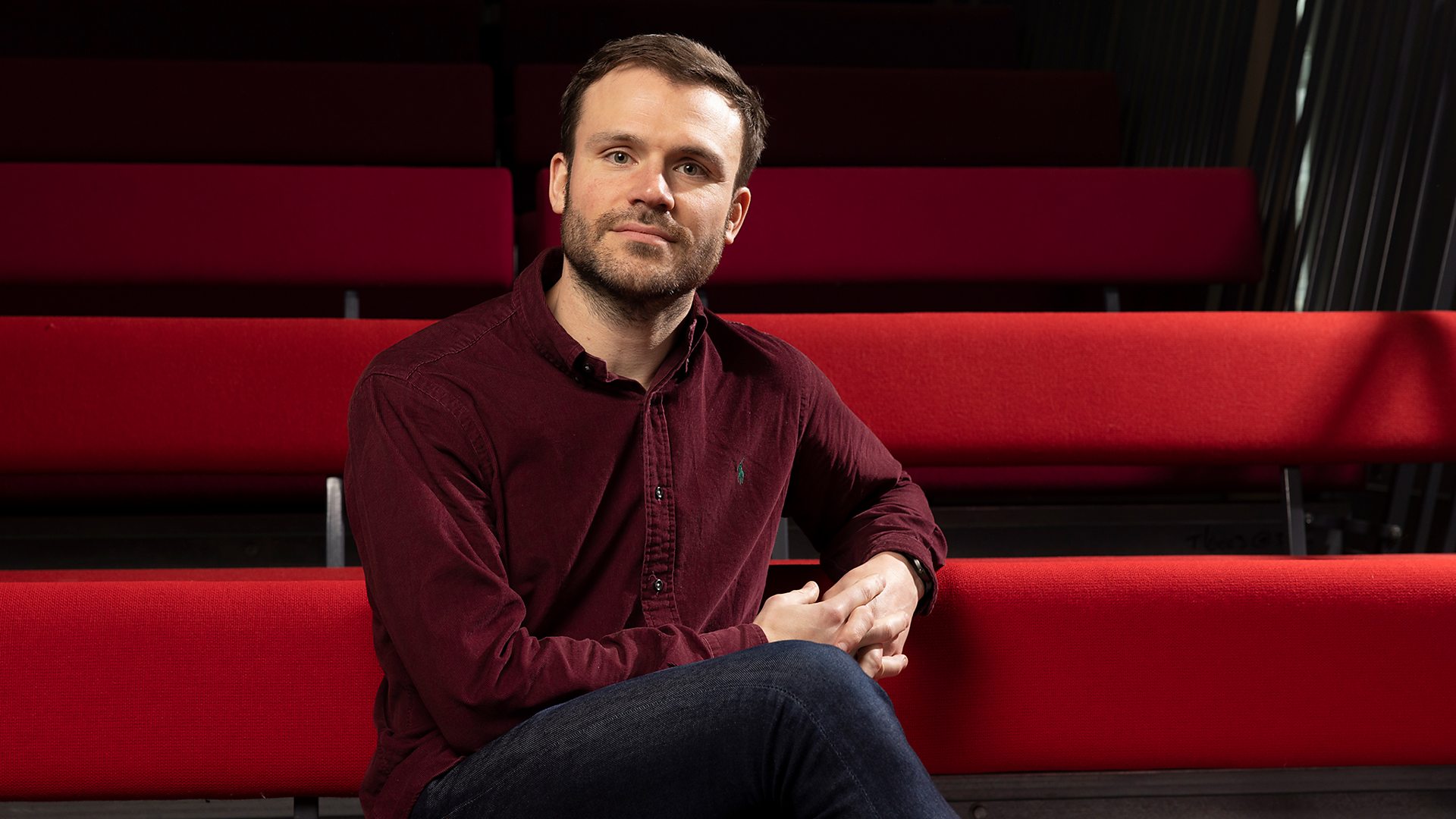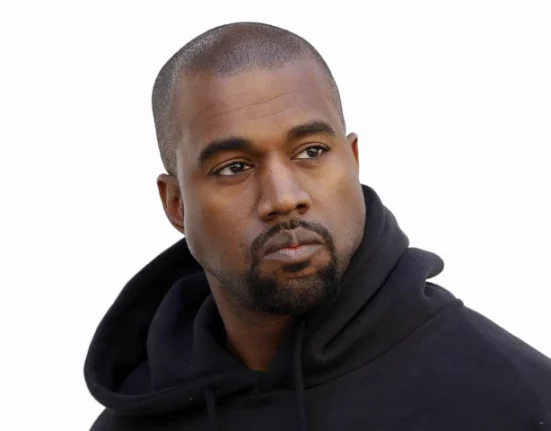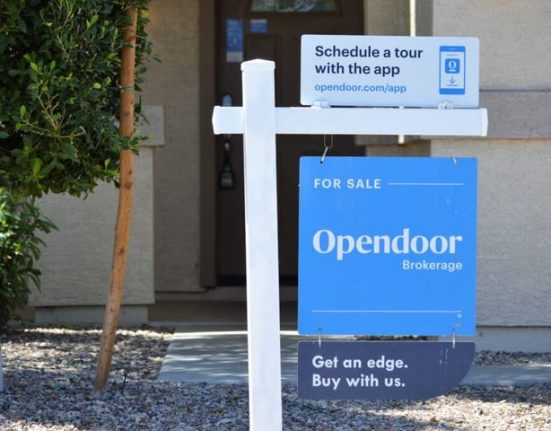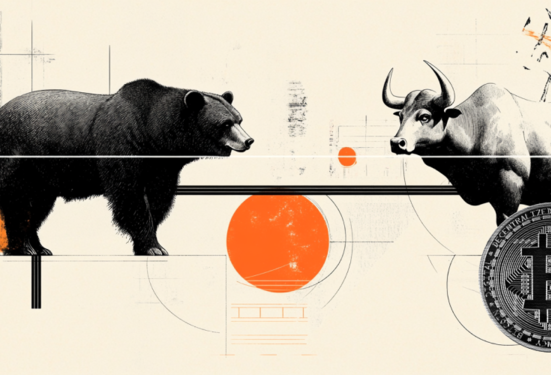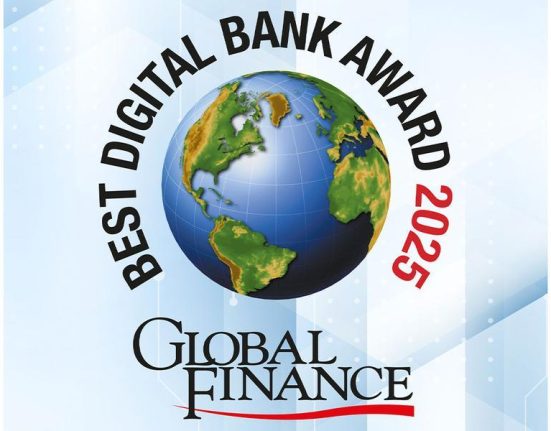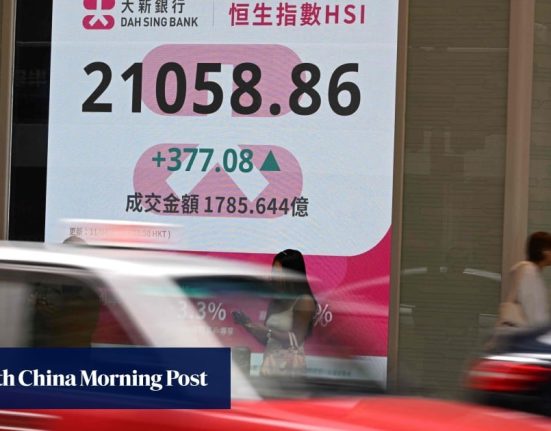Director of BBC Comedy Jon Petrie has warned that the opportunities for international investment to significantly plug the gap for scripted comedy are becoming increasingly rare.
Speaking at the BBC Comedy Festival in Belfast, Jon said the TV comedy industry had been dazzled by the drama investment model, but the market reality meant that the period of Peak TV was unsustainable.
Jon said: “The opportunities for international investment to significantly plug the gap for scripted comedy are becoming increasingly rare. This might seem at odds with what I said back in 2022 about co-producing with our American friends. That door hasn’t closed entirely – but it’s always been narrower for comedy, and with a wider reset happening in our industry, we need to face reality head-on.
“We all got dazzled by the drama investment model – which was understandable, given the pace of change. Brilliant shows like The Outlaws and Starstruck showed what’s possible when comedy attracts drama-level investment. I’m immensely proud of these shows.
“But let’s be honest about the market reality – that period of Peak TV was unsustainable. Meanwhile, production costs have skyrocketed across the board, and pure comedy – the kind that defines the UK’s cultural identity – simply doesn’t command the same co-production interest as its glossier comedy-drama cousins.”
He also pointed to research which shows that it is possible that award-winning, popular comedy can be made on a BBC budget alone.
“It’s proven that popular, award-winning, comedy can be made on a BBC budget alone. The data backs up what we’ve always suspected – people connect with great characters and writing, not budget.”
Jon said: “We must constantly ask: ‘Does this specific spend make it funnier?’ We can’t out-budget global streamers, but we can be smarter and funnier and speak to UK audiences more directly.”
He highlighted recent successes for BBC Comedy including Gavin & Stacey: The Finale, which was the highest rated comedy since records began in 2002; Alma’s Not Normal, which recently won a BAFTA for scripted comedy; Amandaland and Ludwig.
And he asked producers and creatives to develop differently by thinking of cost from the moment of conception.
“And if we keep our comedy affordable and distinctive – we won’t just weather this moment. We’ll shape what comes next – and make it funnier, sharper, and unmistakably ours.”
The BBC Director of Comedy, who has previously spoken about the importance of sitcoms, praised those who work in the scripted comedy TV industry for consistently finding brilliance even when resources were tight.
“Our focus now must be on channelling that resourcefulness smartly. Less about ‘papering over cracks’ and more about being strategically focused so we can make distinctive and more about being strategically focused so we can make distinctive, impactful comedy for the long haul.”
“Think about what people actually share online. The moments that go viral aren’t expensive set pieces – they’re laugh-out-loud writing and performances. Amandaland and Am I Being Unreasonable clips spread across social media week after week. The last Cunk special had a total of 185 million global views across our key social platforms.
He committed to keep pushing for the comedy tax credit: “We’ll keep fighting for the comedy tax credit and working with the comedy community to make the economics stack up,” he said. “But in the meantime, in every meeting with writers, producers, directors – the question has to be: does more money make it more funny?
“If it doesn’t – it’s not worth the spend. Because in the end, audiences watching comedy don’t care how it was made. They care if it made them laugh.
LH2

